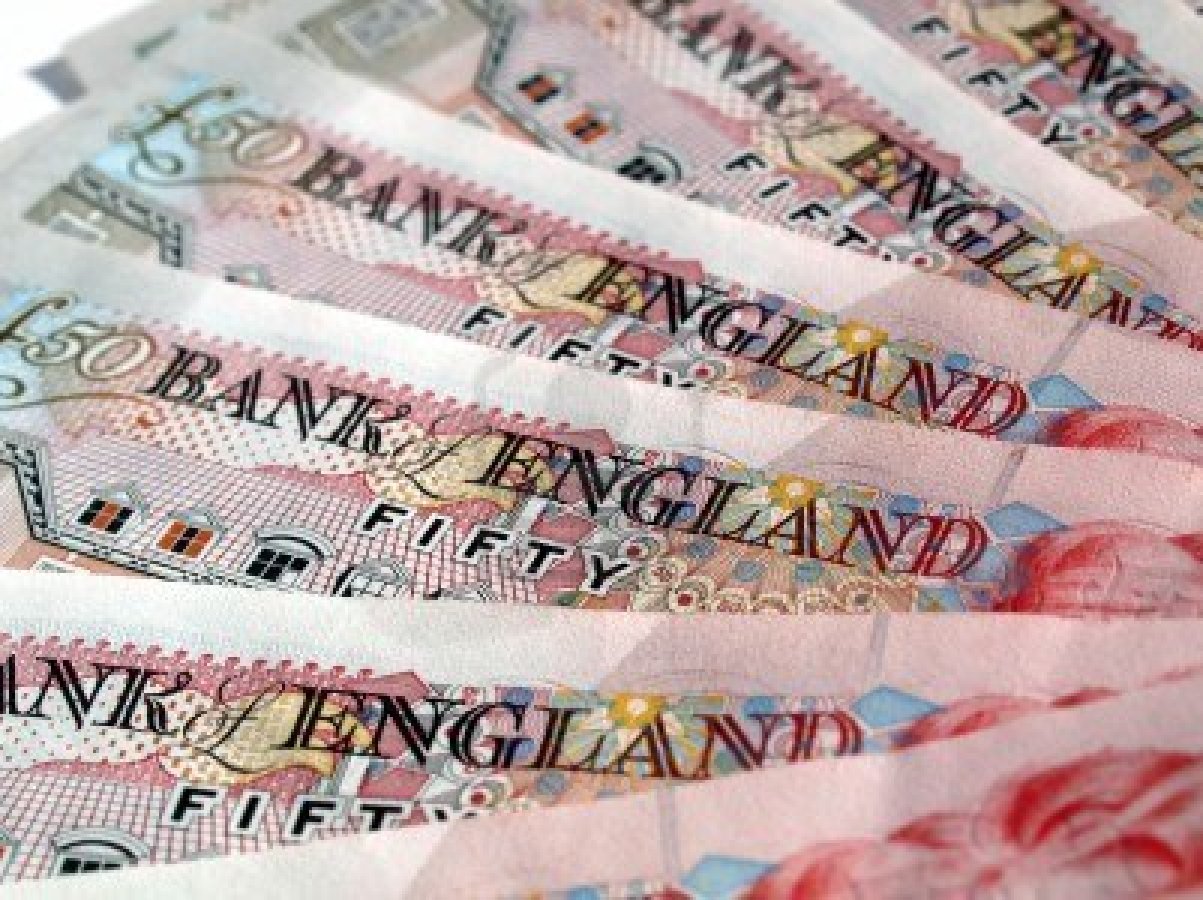Bank of England Set to Hold Tight With QE Measures
Posted: 20th September 2012 08:49
The Bank of England yesterday announced that it would refrain from pumping more liquidity into the financial system despite it receiving some good news for the first time in months. They will be maintaining the interest rates at the record low it already stands at which is 0.5%The Monetary Policy Committee, which is comprised of members from the bank itself have also decided to hold its quantitative easing programme at the current amount of £375 billion pounds, as they feel the economy will pick up at a steady pace. This means £50 billion pounds worth of more assets will be purchased from July onwards.
Many will feel that more decisive action will need to be taken in order to help revive the economy and get it back to its feet. Some economists are even baffled by the Bank of England’s refusal to even consider more quantitative easing. But the main reason for this is that the economic recovery is still tentative and no-one can ascertain with absolute clarity if the recovery is indeed likely to be sustainable or like at the start of the year going to go through a double-dip phase affecting markets.
Differing perspectives have also come to the fore on the United Kingdom’s slight economic improvement with Organisation for Economic Co-operation and Development dampening expectations. They slashed growth rates to 0.7%, even with the relative improvements in manufacturing and service as the think-tanks own survey’s revealed. They fear another double-dip recession will occur, though the annualised rate will be an improvement nonetheless when compared to last year’s 0.5% growth rate.
Mervyn King may have held back from pushing through with quantitative easing but many feel it will commence in the next quarter, perhaps in November. But the protagonists think on the contrary that record low interest rates will be slashed further as banks fail to lend to businesses with the economic climate being far from conducive for lending.
More cause for pessimism is indeed the economic climate. Former Aston University professor John Sutton emphasises the slightest deterioration in markets could be catastrophic to the United Kingdom’s chances of a full scale recovery. He stated when asked about it “a minor lapse will lead to knee-jerk reactions from the Bank of England prompting a further extension of the asset purchase programme later this year”.
Reluctantly the Bank of England has stated that the process of quantitative easing hasn’t eased the burden on the middle classes around the country. Quite the opposite in fact, quantitative easing has made the wealthiest 5% even richer. This has led to the erosion in value of pension funds, which likely to hamper confidence in the general public.
Some have quietly expressed their delight at the current refusal to pump more fiat currency into the economic system. The likes of Alessio Ratsani feel that it is only building up more debt and delaying the inevitable crash as it does more and more economic damage.
Quantitative easing hasn’t been entirely beneficial for the rich as some suggest though. In a report released last month by the Bank of England, the QE programme has helped add greater value to households around the country. Household wealth has increased 16%, interspersed with an overall additional value of £600 billion pounds. This aspect of QE has been a resounding success for those in the middle classes and slightly below.
Pensioners may feel the pinch as a result of these QE measures however. With major shortfalls on banking balance sheets, pensioners will see an already wide deficit increase further. It is with clear trepidation that they hope for no more QE. The trouble around Europe is also likely to compound these matters and is likely to be taken into account when the decision is taken whether or not the Bank of England decides to push through with more QE measures.
For now though the top economists in the country are taking a wait and see approach and under current conditions this seems like the right thing to do. After pumping £80 billion pounds in the last quarter, Mervyn King will be hoping to see some more enhancements in various sectors. If they are made the need for more QE will be unnecessary.
Should the economy continue to flat line the inevitable pumping of more paper currency into the financial system will be occur. Either way the top economic brass will be faced with a difficult predicament.




Comments